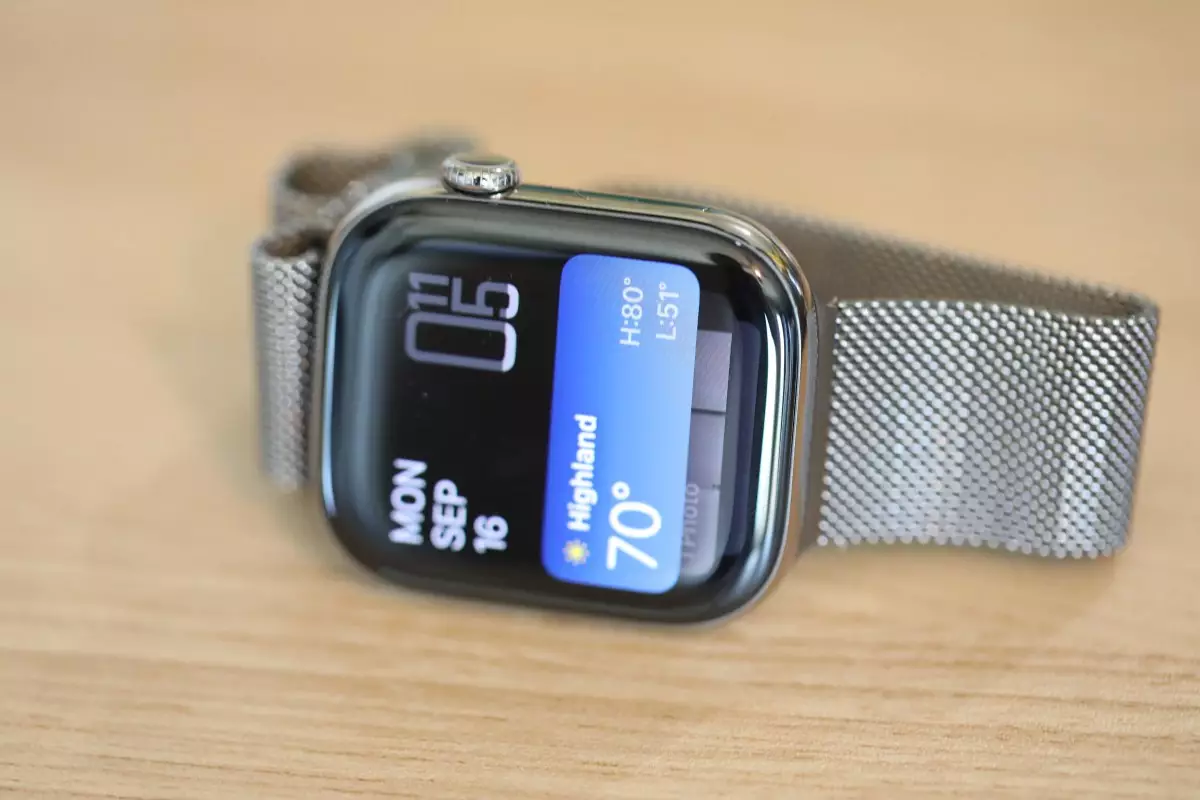The ongoing legal confrontation between tech giant Apple and medical device manufacturer Masimo has encapsulated a fascinating blend of innovation, competition, and the complexities of intellectual property rights. On a recent Friday, a federal jury determined that Masimo’s smartwatches infringed on Apple’s design patents. However, the outcome may not be as lucrative for Apple as many might expect. The company sought only the statutory minimum of $250 for damages, a sum that highlights its broader motives beyond mere financial restitution. Apple’s legal representative, John Desmarais, explicitly stated that their primary goal was not monetary compensation but rather to protect Apple’s designs from being replicated.
The Jury Verdict and Implications for Masimo
This ruling confirmed that Masimo’s W1 Freedom design, its health module, and the accompanying charger violated Apple’s patents and that the infringement was willful. Nevertheless, Masimo claimed a sense of victory amidst the verdict, emphasizing that the jury’s findings pertained solely to outdated products that are no longer in circulation. The ongoing legal battle serves as a wake-up call not just for Masimo, but also for other companies in the burgeoning health-tech space that increasingly draw upon similar functionalities present in Apple’s extensive ecosystem.
The jury’s decision was keenly focused on a relatively narrow scope, safeguarding Masimo’s current offerings from legal repercussions. The company referred to this as a significant win, primarily because Apple’s ambitions included an injunction against the usage of their present devices. In reality, the broader implications of this ruling set the stage for the future of innovation, where companies must balance tech advancements with the perilous waters of patent infringement.
Broader Industry Context
This case is emblematic of a larger trend in the tech industry where overlapping patents can lead to intricate legal disputes. These conflicts often extend beyond mere product design to questions of market dominance and the preservation of proprietary innovations. The lawsuit sprouted from Masimo’s original claim that Apple infringed upon its patents related to pulse-oximetry technology found within the Apple Watch. As the medical technology landscape continues to evolve dramatically, so too do the associated legal challenges.
The implications are vast for both parties involved and may deter future innovations or collaborations. Apple is appealing an import ban concerning models featuring the debated technology as the outcome in the U.S. only scratches the surface of a more extensive international patent landscape.
Ultimately, the legal battle between Apple and Masimo serves as a microcosm of the struggles within the technology and healthcare sectors. The quest for innovation often collides with the protection of intellectual property, leading to high-stakes legal showdowns. As both companies assess their next steps, it’s crucial for industry players to navigate these waters with an understanding of not only legal parameters but also the ethical considerations inherent in technology sharing and innovation.

